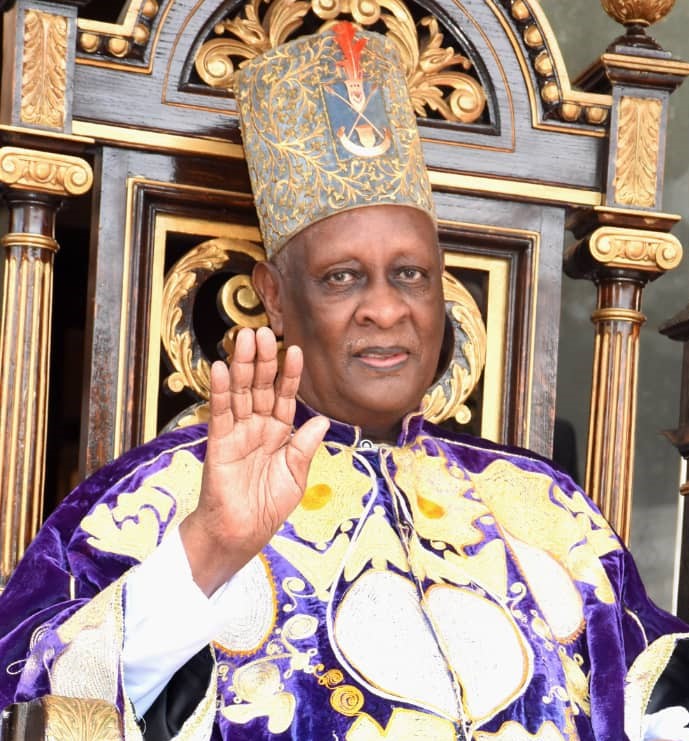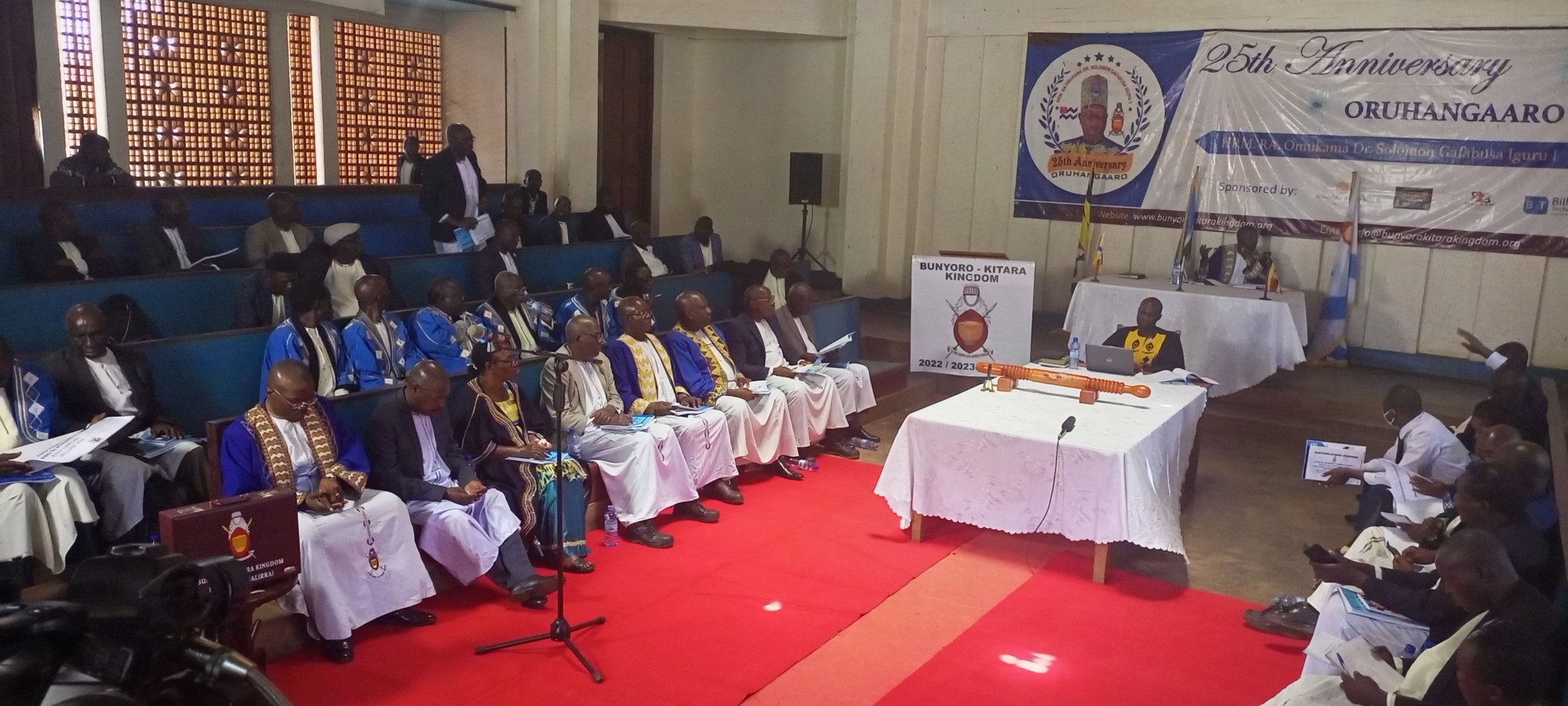Embedded within the rich traditional history of Uganda is the tale of the majestic Kitara Empire, one of the oldest and greatest kingdom settings that ever existed in the interlacustrine; call it the Great Lakes region.
The empire was founded by the Chwezi (With Bantu prefix: Bachwezi or Bacwezi) who were the successors of the Tembuzi (Batembuzi). The Chwezi dynasty lasted until the 16th Century when it finally collapsed.
Origin of the Bachwezi
The Chwezi dynasty is thought to have been related to the Tembuzi dynasty in a way that King Isaza, the last ruler of the latter, before descending to the underworld, fathered a child (Isimbwa) with Nyamate, the daughter of the underground king –Nyamionga.
Isimbwa then fathered Ndahura, the first king (Mukhwezi) of the Kitara Empire.
Just like their predecessors the Tembuzi, the Chwezi possessed divine powers and at the same time, human characteristics and were thus referred to as demi gods since they belonged to earth and the underworld as well.
It was their divine nature which made them great magicians and hunters.
The Chwezi empire and dynasty was an extremely vast one supposed to have covered the entirety of West, South and Central Uganda, along with some parts of Kenya, Tanzania, and the Democratic Republic of Congo (DRC).
However, their origin remains a mystery and is subject to great debate by several historians, some of whom even doubt if they really existed.
Contributions of bachwezi
It is highly believed that the Chwezi ruled this great empire for about 200 years, that is, from the 14th Century to the 16th Century, and according to the oral tradition, two kings ruled the empire: Ndahura and Wamara.
Nevertheless, some accounts record three kings that is, Mulindwa, Ndahura’s half-brother is said to have a predecessor to Wamara. An administrative capital was established at Bigo bya Mugenyi and it is very much deemed to have been an urban center according to discoveries made by several archaeologists during the present day.
The beginning of the collapse of the Chwezi Empire was marked by the death of their beloved cow, Bihogo and this came in fulfillment of a prophecy that if it died, the empire would crumble. Wamara, the last king of the dynasty was also said to be a weak ruler and that is why he failed to defend his people from external attack thus making it vulnerable to its enemies.
The Nilotic Luo invasion of the Kitara Empire marked the final blow to the empire, leading to its eventual collapse and this was fulfillment of an earlier prophesy that dark-skilled people from the north would invade the empire.
The Luo under the leadership of Isingoma Rukiidi Mpuga overran the Chwezi, who had been weakened by several factors like disease and famine around 1500 AD, making them to flee to distant parts of the collapsed empire, while some were believed to have vanished to the underworld since they possessed a divine status.
It is only after the Luo conquest that Kitara Empire became the Bunyoro Kitara Empire and thus the establishment of the Babito dynasty with Isingoma Rukiidi Mpuga becoming the first king (Omukama).
Bunyoro Kitara Empire later got disintegrated as various states broke away, thus becoming independent kingdoms and sub-dynasties, some of which include Ankole, Buganda and Busoga.
The chronicle of the Chwezi has not totally faded away as some traditionalists believe that they still exist somewhere in the underworld and these look at them as gods.
On some occasions, claims have been made about the reappearance of the Chwezi.
All in all, the Chwezi folklore combined with other legends, present the intriguing origin of Uganda’s peoples.
By Enid Karen Nabumati



